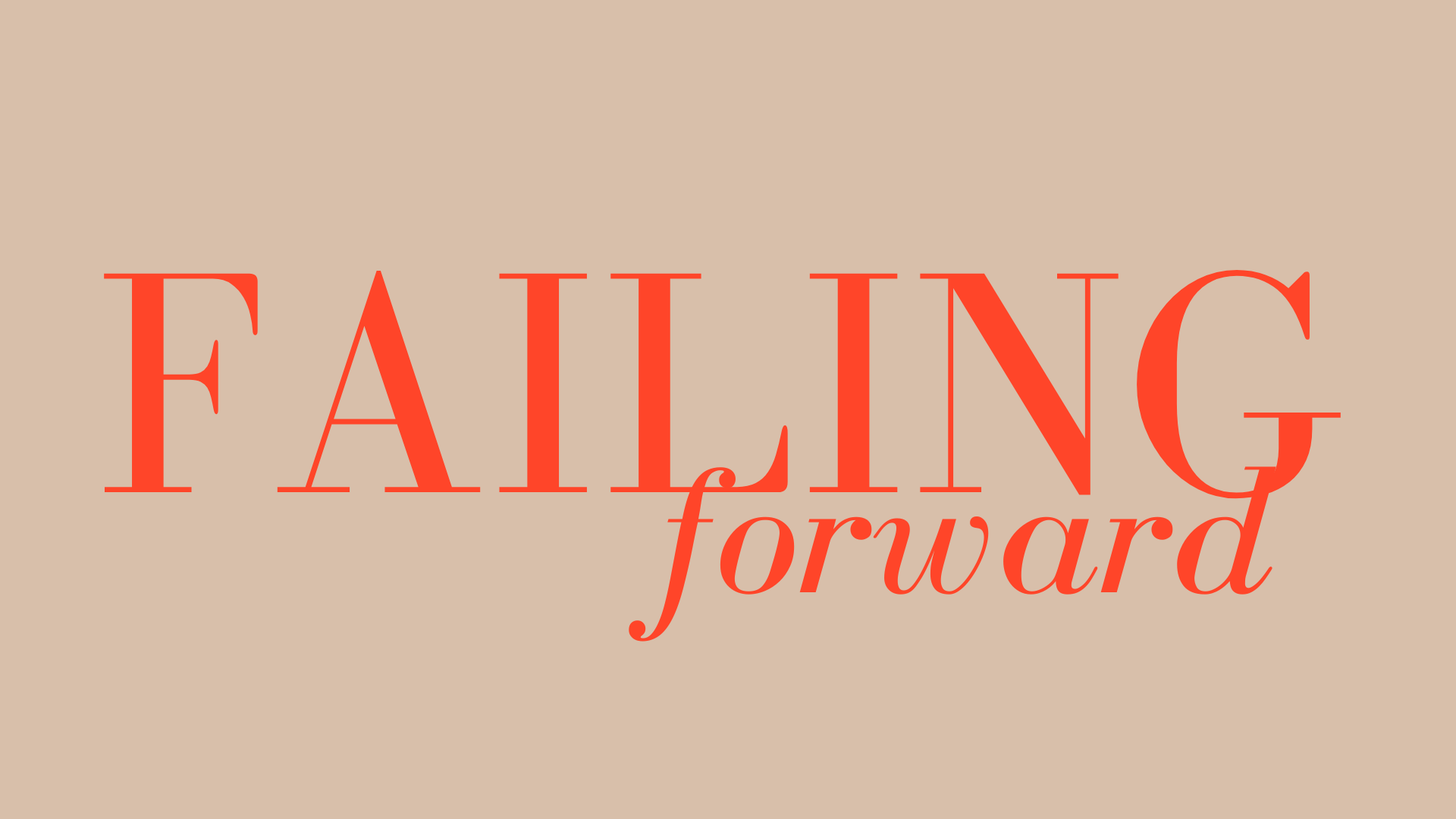8 High-value Career Habits (Part 2): Increasing your net worth
Let’s talk long-term career habits to build resilience, financial value and brand strength to grow your career capital, protect your future and unlock opportunities with confidence.
In my earlier article, "8 High-value Career Habits (Part 1) to Grow Your Career Capital and Strengthen Your Personal Brand”, I shared the career advice I wish I’d known earlier - the habits that quietly shape your value, reputation, credibility and opportunities. Now, let’s continue with Part 2 in this series - another set of high-value career habits designed to grow your career, strengthen your brand and future-proof your professional journey.
These aren’t quick hacks or passing trends. They’re long-term habits that build financial resilience, sharpen your presence and create more freedom and choice in your career. Whether you’re a career beginner or emerging leader, these career practices can help you increase your value, protect your growth and step into your next chapter with confidence.
1. Know the cost of your commute
Your commute costs you time and money. Are you aware of how much? The worldwide average commute time is 72 minutes per day. In Australia, according to The Real Australian Commute Report 2022, the average Australian’s commute is 54 minutes per day (33km), costing an average of $20 per day.
By my calculations, that means the average full-time worker spends approximately 270 minutes (4.5 hours) commuting weekly. If you work 48 weeks of the year, this amounts to 216 hours - or the equivalent of approximately five 40-hour work weeks. The report also showed that getting from A to B for work costs the average commuter approximately $4,000 annually.
If working from home works for you (and your employer), negotiating to work even just some of your workweek from home could lead to significant long-term savings.
2. Ask yourself, ‘What does this create the opportunity for?’
When starting a new role or assessing your current circumstances and challenges, always ask yourself - what does this create the opportunity for?
For example, if working in the office is a non-negotiable for your employer, embrace the opportunity your commute provides. The legendary Zig Ziglar coined the term ‘automobile university’ for making the most of your commute.
Consider swapping out the radio for an educational podcast or audiobooks in your niche interest, or use the time to learn a second language or more about a hobby. If a commute is the equivalent of 216 hours (or 5 40-hour work weeks), imagine the possibilities of everything you could learn by embracing a world that puts podcasts and audiobooks at our fingertips.
Assessing opportunities can apply to much more than your commute; for example, you might also leverage:
The chance to be mentored by a senior staffer
Volunteering your spare time for the team you most want to join.
Your employer’s self-development program, grants or Employee Assistant programs (see Part 1 for more ideas on leveraging work perks)
The healthy food choices available right by your workplace
Attending the yoga/pilates studio or gym located near your office
If you don’t have a commute, consider what the extra time allows for, for example:
Read
Listen to podcasts or watch videos in your field of interest
Prepare healthier meals
Spend more time with friends and family
Exercise
Learn a new hobby
Journal
3. Leverage job stability while you have it
Banks love borrowers with a steady income stream. This is why starting a new business or switching jobs can make securing a loan, at least to begin with, a little more challenging. While this isn’t financial advice, consider the kind of “good debt” your stable job helps qualify you for (and you can easily sustain regardless of your current income status). If you plan to invest in properties, for example, your steady 9-5 could form an important part of the bank's assessment of your risk profile.
4. Avoid lifestyle creep
Lifestyle creep (also called lifestyle inflation) is the behaviour of increasing your spending as your income increases. For example, you buy a fancier car or eat out more often. The little upgrades become your new normal. This can make it hard to save long-term. It can also make it much more difficult to scale back if you find you have to.
If your lifestyle is significantly linked to your income, especially with your current employer, this makes you vulnerable to the impact of any unforeseen changes. It also gives you less freedom to change jobs if you desire a pivot or find yourself misaligned with your employer's values or actions. Maintaining a manageable lifestyle, no matter what your income, could be an important part of securing it in the face of any career insecurity.
Remember, your income isn’t your net worth. Status symbols only show that you spent your money on those things and don’t show your true wealth. As the book The Psychology of Money by Morgan Housel highlights, true wealth is hidden.
5. Be financially savvy about your side hustle
The research shows side hustles are the new norm, particularly for Gen Zers. In my 20s, I worked in fashion on the weekends alongside my marketing and communication career. In my case, as it can be for many side hustles, I did it for the love of the job rather than the money, though the extra income was a nice bonus. Instead of seeing any extra earnings as simply a bonus to your weekly pay cheque, be strategic about how you allocate them. For example, do you:
Put all of the extra income into savings
Reinvest it in equipment
Invest it in education
Grow it through an investing strategy
Don’t treat income from your second job as an afterthought. Be strategic for long-term gains.
6. Give
My grandma always taught my cousins, sister and me the philosophy that, particularly when you are blessed with a new job or promotion, use the opportunity to give some of your first earnings in the new role to charity. Extending on my grandma’s ideas, if your new job has afforded you a higher income, instead of giving in to lifestyle creep, consider spending some of your extra money on charitable causes aligned to your experiences or values. You might even join regular giving programs to automate everything and use direct debits to take the decision-making out of donating. Which leads nicely into Habit #7.
7. Automate everything
Set up systems that put your goals on autopilot. This might be scheduling ongoing reminders and tasks in your calendars to meet your deadlines and elevate your performance. Or, it might be how you distribute each pay to savings, emergency funds, investments, expenses, fun or debt. Automate everything you can. Many people only assess their goals when they find themselves between jobs or starting fresh. Your daily grind can create complacency. Set up systems that are working for you, no matter what you’re working on.
8. Seek feedback
It’s natural to want to hear all the things you’ve done fabulously well. But the problem with positive feedback is that it only paints part of the picture. When you proactively seek constructive feedback, you learn what your opportunities for improvement are. Over time, you’ll accelerate your performance and increase your value.
Take control of your career habits.
Building a strong personal brand isn’t about one big breakthrough; it’s about the small, consistent habits you choose every day. The eight career habits in this blog (plus 8 more in Part 1) aren’t just habits for right now; they’re habits that will serve you across every role, pivot and chapter in your career journey.
If you haven’t already, check out Part 1 of this career habits series to reflect on the 16 habits - what have you mastered or could you start? As the proverb goes, “The best time to plant a tree was 20 years ago, the second best time is now”. Start now, your Future You will thank you and tune in for Part 3 up next.




